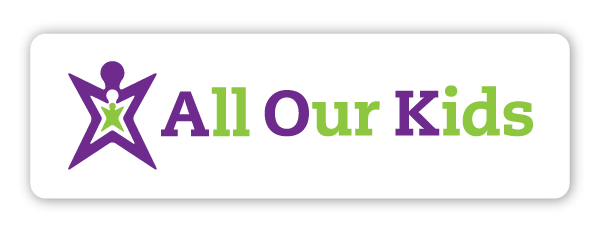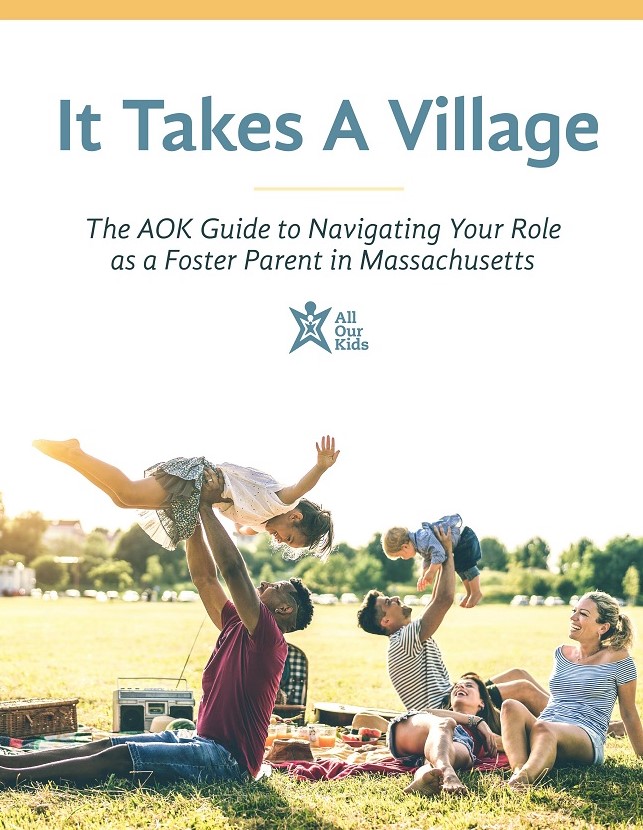Birth Parents’ Rights and Children’s Rights
The right to parent is a sacred one in our society and we don’t take it away from people lightly. Our current child welfare and legal systems are set up to protect parents’ rights to parent their children and to ensure that parents have every opportunity to preserve that right if it is temporarily taken away from them.
In most cases (and certainly in theory), we as foster parents can collectively support this perspective. After all, as a society, we wouldn’t want the state to be able to remove children from their families spuriously or without due cause. Where this right to parent gets more complicated is when it interferes with children’s right to safety and stability. Many foster parents see this tension routinely, and it can cause great turmoil and struggle. As children visit with parents who have caused them harm, who disappoint them, who continue to hurt them with broken promises or misinformation, we understandably want to protect them and keep them away from the people we perceive as hurting them. When children are gearing up to reunify to situations we believe to still be dangerous and unstable, it is easy to question why children’s right to safety doesn’t seem to trump a parent’s right to parent. There is no easy resolution to this tension and most of us are grateful not to be the ones making these tough calls day in and day out.
We often see a child welfare system purportedly focused on children’s best interest, that also routinely fails them.
For example, when foster parents bring up concerning interactions happening at Family Time visits, many social workers will explain they need to allow the behavior so it can be documented as part of DCF’s case against birth parents. Understandably, we are left to feel that these children we love and care for are being set up as bait and being taken advantage of.
On the other hand, some foster parents use an unfair and unreasonable metric to judge birth parents’ choices.
They will voice concern about the lack of nutrition in the food and snacks birth parents provide at visits, the smell of cigarette smoke on gifts or clothes, or the information parents discuss with their children during visits. These can be extremely aggravating situations that often result in behavioral consequences that we have to deal with after birth parents and social workers have left the picture. However, we must keep in mind that often these consequences don’t necessarily come from the actions themselves, but from the juxtaposition between those situations and the child’s life for the other 6 days and 23 hours of the week. Not all families are able to provide the kind of nutrition, hygiene, and psychological health that many foster parents are able to provide. Nevertheless, most of the children in these families are safe, healthy, and happy. Fortunately for all of us, we don’t rank families based on their bank accounts, what they feed their children, or even how much quality time they spend together. After all, no matter how stable and privileged a home you can provide, there will always be another family with more to give.That said, this tension between a parent’s right to parent and children’s right to safety and stability is great, and sometimes it’s insurmountable. Although advocates of birth parents’ rights will say that the child welfare system is often set up to make it more likely that birth parents will fail, many foster parents and child welfare advocates will point to the limited attention and importance given to children’s needs. In our experience, both sides are right and we need to do a better job to reimagine a system that supports and strengthens families in creative and new ways. Until then, foster families have to balance their role to protect their children with their responsibility to support birth family unity. This work is not for the meek.
Want to learn more about navigating your role as a foster parent in Massachusetts?
It Takes a Village is the first and only comprehensive guidebook available. Order your copy today!

